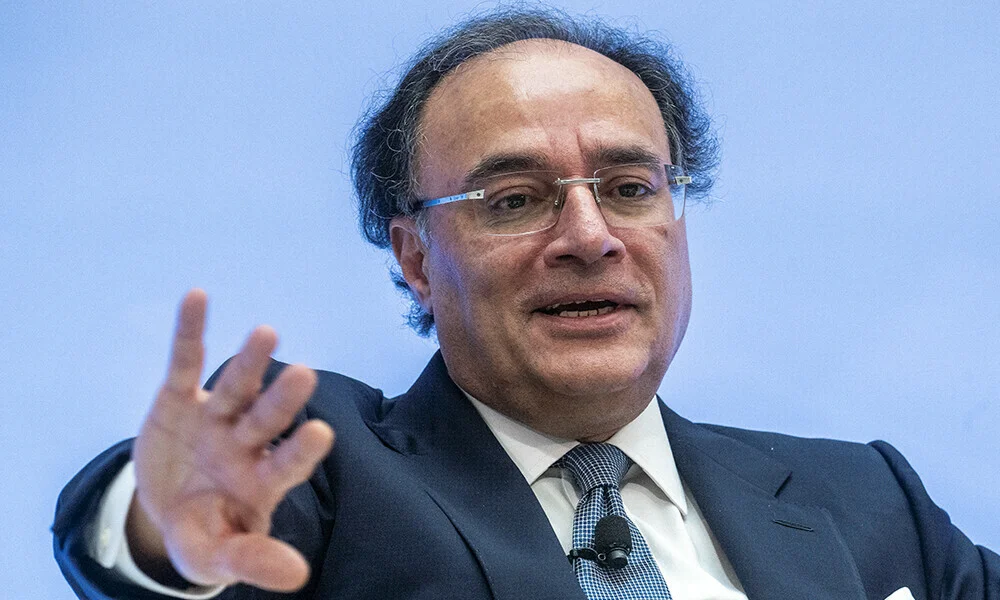
Pakistan has requested $1.4 billion in financial assistance from China: Finance Minister
- Business
- April 26, 2025
- No Comment
Pakistan has requested $1.4 billion in financial assistance from China: Finance Minister
Report By Safarti Tarjuman Business Desk
Pakistan has officially requested $1.4 billion (equivalent to 10 billion yuan) in additional financial support from China, Finance Minister Senator Muhammad Aurangzeb announced.
Speaking to an international news agency during his visit to Washington, the finance minister revealed that Pakistan has sought an expansion of the existing currency swap agreement with China from 30 billion yuan to 40 billion yuan.
Minister Aurangzeb further stated that Pakistan is optimistic about issuing its Panda bond in China’s domestic bond market by the end of this year. Discussions regarding the Panda bond issuance with the presidents of the Asian Infrastructure Investment Bank (AIIB) and the Asian Development Bank (ADB) have been positive, he noted.
Highlighting the government’s financial strategy, he said Pakistan is working to diversify its borrowing base. The country has also initiated a new program with the International Monetary Fund (IMF) focused on climate financing.
The finance minister expressed hope that the IMF Board would approve a $1.3 billion program in early May. Additionally, he mentioned that Pakistan is on track for the first review of the ongoing $7 billion program, which, if approved, would unlock another $1 billion tranche for Pakistan.
Minister Aurangzeb emphasized that the IMF program has played a critical role in stabilizing Pakistan’s economy.
Commenting on economic relations with India, he warned that rising tensions between the two neighboring countries could have negative economic impacts. Trade between Pakistan and India has already been significantly reduced, amounting to just $1.2 billion last year.
On Pakistan’s economic outlook, the finance minister projected a GDP growth rate of approximately 3% for the current fiscal year. He added that growth is expected to rise to between 4% and 5% in the next fiscal year, with hopes of reaching 6% in the years that follow.




